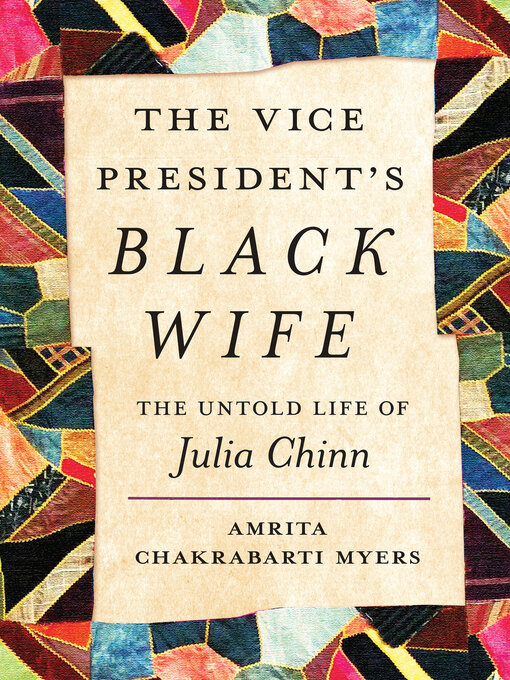- Helen Ruffin Reading Bowl Children's List 2025-2026
- Check it out now!
- Kids Comics & Graphic Novels
- Kids' Comics and Graphic Novels!
- See all ebooks collections
- Helen Ruffin Reading Bowl Children's List 2025-2026
- Check it out now!
- See all audiobooks collections

